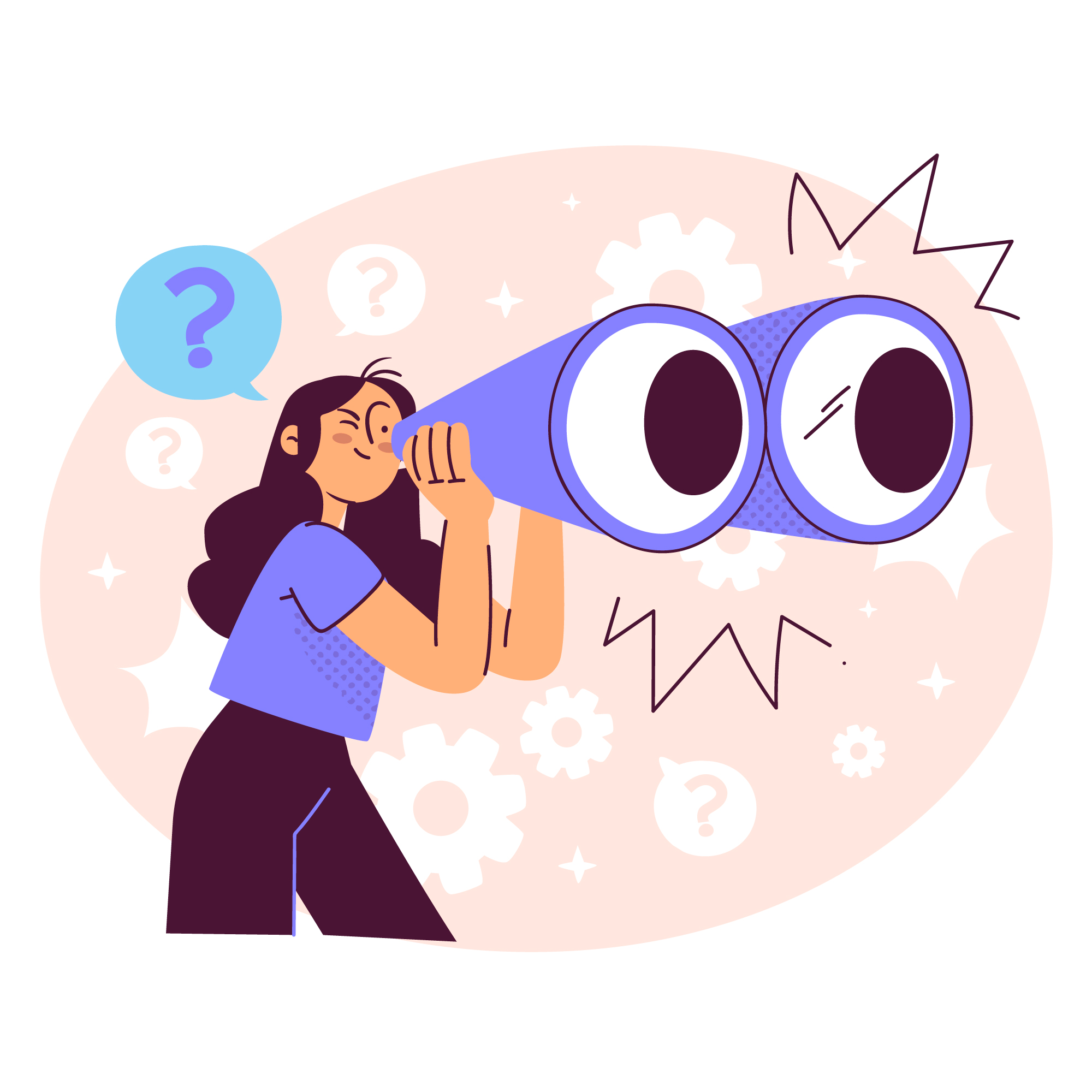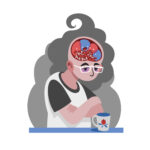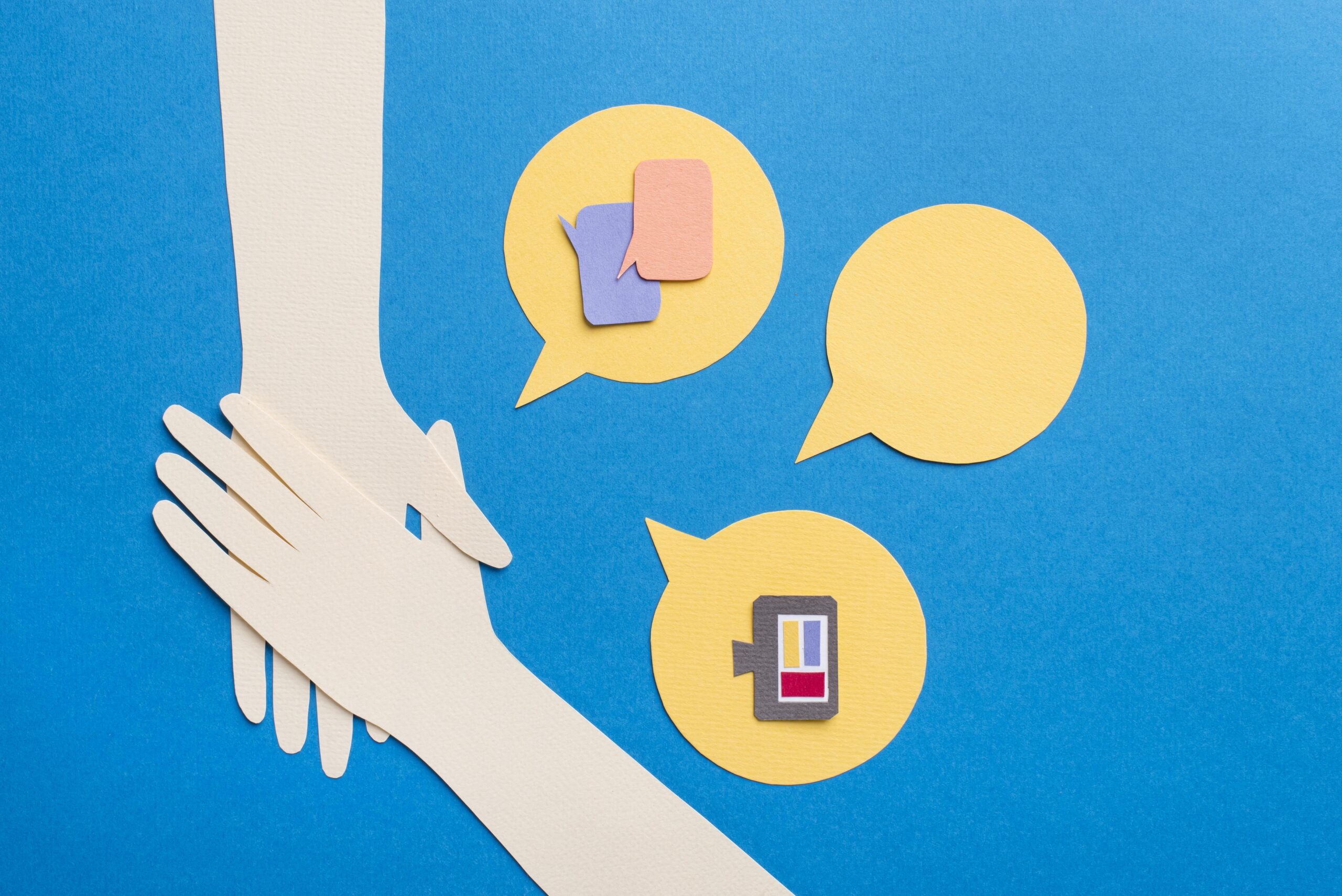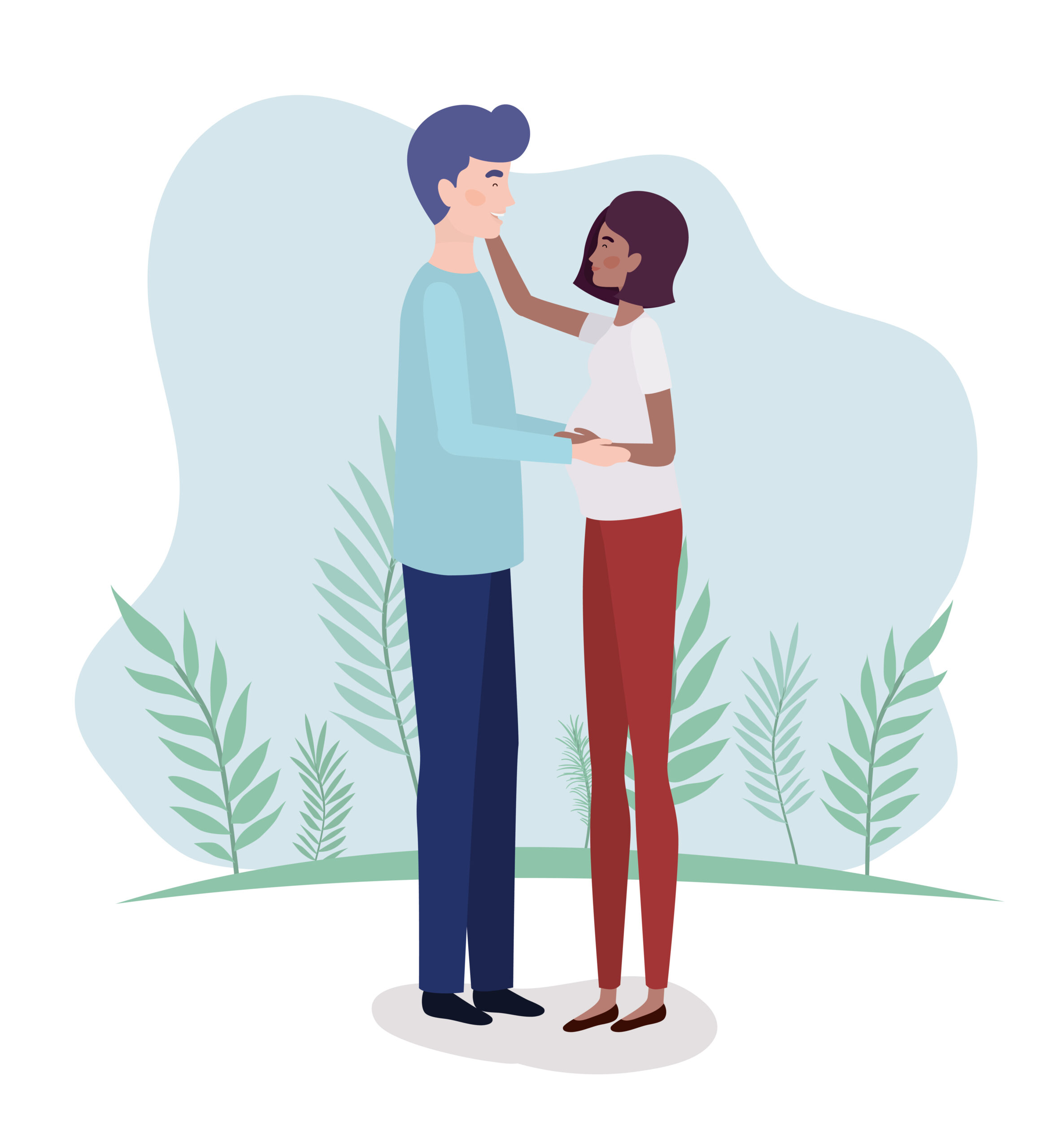Understanding Neurodivergence: Am I Neurodivergent and What Next?
In recent years, the term “neurodivergent” has gained traction as a way to describe individuals whose brain functions differ from what is typically expected or considered “neurotypical.” This includes a wide range of neurological and developmental conditions, such as ADHD, autism, dyslexia, and others. If you’ve found yourself questioning your own cognitive differences, you’re not alone. In this blog post, we’ll explore how to identify if you might be neurodivergent and what steps you can take if you find that you are.
How to Tell If You’re Neurodivergent
Identifying neurodivergence isn’t always straightforward, as different conditions manifest in varied ways. Here are some signs and self-reflective questions to help you determine if you might be neurodivergent:
1. Cognitive Differences:
- Attention and Focus: Do you often struggle with attention, particularly in tasks that don’t hold your interest? Do you find it challenging to stay organized or complete tasks?
- Processing Information: Do you process information differently, such as requiring more time to absorb new concepts or feeling overwhelmed by sensory input?
- Memory: Are there aspects of your memory that feel distinct? For instance, do you have a strong memory for visual information but struggle with verbal instructions?
2. Social Interactions:
- Communication Style: Do you find social cues like body language, tone of voice, or subtle nuances challenging to interpret? Or do you have a unique style of communication that is different from those around you?
- Relationships: Do you often feel like an outsider in social situations? Do you struggle to forge connections or relate to others?
3. Behavioral Patterns:
- Repetitive Behaviors: Do you engage in specific routines, rituals, or repetitive behaviors that provide comfort or predictability?
- Sensory Sensitivities: Are you easily overwhelmed by sensory inputs such as bright lights, loud noises, or certain textures?
4. Emotional Experience:
- Intense Emotions: Do you experience emotions more intensely than others? This could manifest as heightened joy or deep sadness and frustration.
- Heterogeneous Reactions: Do you find your reactions in stressful situations can be different from what’s typical for most people?
5. Learning Styles:
- Unconventional Learning: Do you find yourself excelling in creative or hands-on tasks but struggle in traditional educational settings? Are there unconventional strategies or tools that help you learn better?
What to Do If You Think You’re Neurodivergent
If you resonate with some of the signs and symptoms of neurodivergence, here are steps you can take:
1. Educate Yourself:
- Research: Explore reputable sources about neurodivergence and specific conditions that resonate with you. Understanding more can provide insights into your experiences.
- Connect: Join forums, support groups, or social media communities focused on neurodivergence to learn from others’ experiences and share your own questions.
2. Seek Professional Insight:
- Consult a Professional: If you are comfortable, consider speaking with a psychologist, psychiatrist, or counselor who specializes in neurodivergent conditions. They can help assess your experiences and provide a formal diagnosis if necessary.
- Assessment Tools: Many professionals offer assessment tools that can help identify neurodivergent traits and suggest ways to cope.
3. Connect with Others:
- Find Community: Connecting with others who share similar experiences can provide support, validation, and understanding. Local or online support groups for neurodivergent individuals can be incredibly beneficial.
- Advocate for Yourself: Learn how to articulate your needs in social, academic, or workplace environments. Being able to communicate your unique experiences can foster understanding.
4. Develop Coping Strategies:
- Personalized Tools: Explore tools that help you function better in different settings. This could include planners, apps for organization, or sensory tools that help with overstimulation.
- Self-Compassion: Understand that your brain works differently but not less. Be kind to yourself as you learn and adapt, and remember that reaching out for support is a sign of strength.
5. Take Your Time:
Discovery is a journey, and it’s important to take the time you need to understand your experiences. Neurodivergence is not a one-size-fits-all concept, and your path may look different from others.
Conclusion
Recognizing whether you might be neurodivergent can be a transformative experience. It can lead to deeper self-understanding, acceptance, and empowerment. By exploring your cognitive patterns, seeking professional guidance, and connecting with supportive communities, you can find strategies that work for you and embrace your unique neurodivergent identity. Remember, you are not alone on this journey, and your difference is part of the rich tapestry of human experience..









